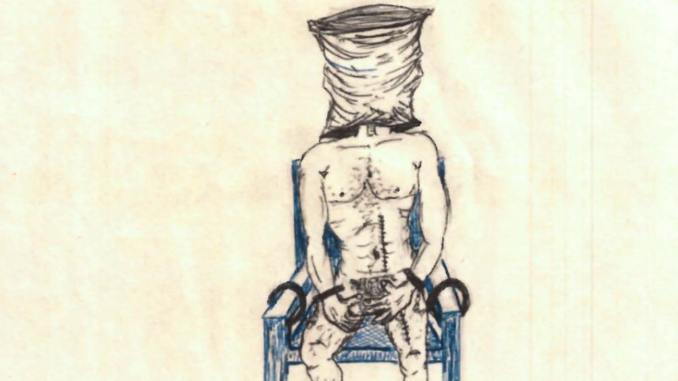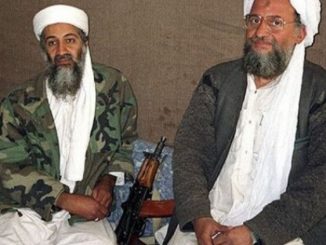
The rhetoric resulting from the administration’s attempt to legally allow torture of suspected terrorists has produced heated, and sometimes compelling, arguments from all sides of the political spectrum. Yet one very important ethical and moral consideration has not been voiced: legalizing torture by U.S. forces crosses a line that, once crossed, cannot be uncrossed. Until now, any serviceman or covert agent who engaged in torturing suspects at least knew that the action was illegal and could result in criminal penalties if they came to light. That is why at least some soldiers familiar with the Abu Grahb fiasco finally spoke up and submitted photographic evidence.
But what if torture received a congressional nod, if even for highly limited situations? Perpetrators, knowing there was a loophole, would be more likely to use inhumane techniques to try extracting information from prisoners. Rank-and-file soldiers, knowing that congress approved of some sort of torture bill, would be far less likely to stick their necks out by reporting a possibly illegal incident. More important, they would have received the implicit message straight from the highest levels of authority that torture is, at least sometimes, okay. Torture then looses its status as ethically atrocious and morally inexcusable. America would, in one swift stroke of a pen, loose its tattered position on moral high ground, and the rest of the world would know: America tortures its prisoners.
The action would be a crossing of the line that cannot be undone. Like other unforgivable actions in the past, changing policy later will still leave a stigma that might last a century or more, for future generations of U.S. military personnel. Just consider how much animosity still hovers in America over issues such as slavery, civil rights, and the use of atomic bombs in World War II. Some genies can never be returned to their bottles.
Is it, I wonder, especially significant that the most vocal opponents of legalizing torture are combat veterans and former prisoners-of-war? They resist the administration by pointing out that torture rarely produces the desired results. Enemy intelligence can be faked or extremely difficult to confirm under the best of circumstances. People being intentionally inflicted with excruciating pain are extremely likely to say anything to stop that pain. None of the witches persecuted and burned during the Inquisition were guilty of the crimes of which they were accused, but it seems unlikely that more than a very few pleaded their innocence for long once the torture began. American leaders who oppose legalized torture include men like Republican Senator John McCain, who endured several years of cruel and unusual punishment as a POW.
The most militant members of the administration, and those most intent on getting at least a legal loophole for the CIA to use torture, include the so-called chicken-hawks, people who found ways to avoid active military–especially combat–service. Their experience of torture, which leads them to believe it is a good technique to use on some terrorist suspects, no doubt comes from TV and movies. These men, who cannot withstand the “torture” of being called to account for their actions by doing any more than criticizing their opponents, seem less interested in having a debate on the subject than in getting a legal clause enacted, perhaps to cover already committed acts under a grandfather clause. Their argument about a “ticking clock,” a set bomb that must be found before it explodes, fails to take into account many factors, such as the willingness (often eagerness) of terrorists to die, the increased hatred that torture produces (after a point, the victim simply hopes to die, and is more willing to do anything to see the tormentors suffer), and the possibility that the suspect is the wrong person, or one who really has no useful information.
War is a terrible enough price to extract of our people. War is a time of killing, making our servicemen and women participants in and witnesses to some of the most barbaric, inhumane, and disgusting activities any human can commit against another. The saving grace for many, as pointed out by Senator McCain, is that they hold in their hearts the ideology that as Americans they are different, and better, than their enemies. If we take that ideology away and encourage some of those people to commit acts of torture, what will we, as a nation, have done to them? What will we have done to ourselves?
Proudly WWW.PONIREVO.COM



